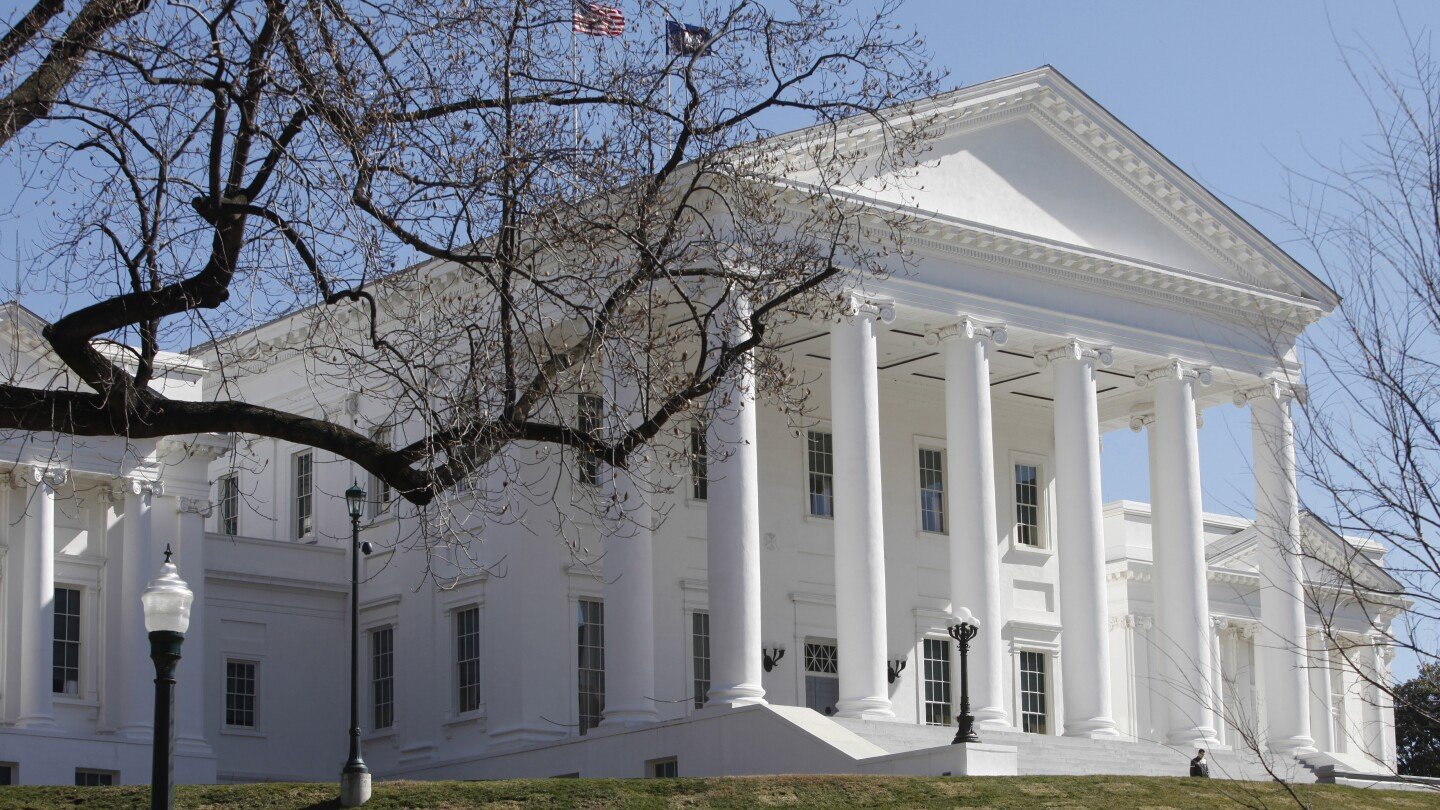
The Decline of Political Interest and Its Impact on Voter Turnout
Politics plays a crucial role in shaping the future of a nation. However, in recent years, there has been a noticeable decline in people’s interest in politics, resulting in lower voter turnout. One of the main reasons behind this loss of interest is the prevalence of systematic racism within the political system.
Systematic racism refers to the institutionalized discrimination and biases that exist within society. Unfortunately, politics is not immune to these issues. The lack of diverse representation and the failure to address racial inequalities have led many individuals to feel disillusioned with the political process.
Another contributing factor to the decline in political interest is the election of the wrong people into positions of power. When politicians fail to deliver on their promises or prioritize personal agendas over the needs of the people, it creates a sense of mistrust and apathy among voters.
Furthermore, politicians themselves often contribute to the disengagement of voters. Negative campaigning, mudslinging, and a focus on personal attacks rather than policy debates have become all too common. This type of behavior only serves to turn off potential voters and further erode their trust in the political system.
So, what would happen if no one wanted to vote for any of the current politicians running for president? The scenario would likely result in a crisis of legitimacy and a need for alternative methods of selecting a leader. This could potentially lead to the rise of independent candidates, the formation of new political parties, or even a reassessment of the entire electoral system.
In conclusion, the decline of political interest due to systematic racism, the election of the wrong people, and the negative behavior of politicians all contribute to the decreasing voter turnout. It is crucial for the political system to address these issues and regain the trust and engagement of the people. Otherwise, the consequences could be far-reaching and require significant changes in the way we choose our leaders.









